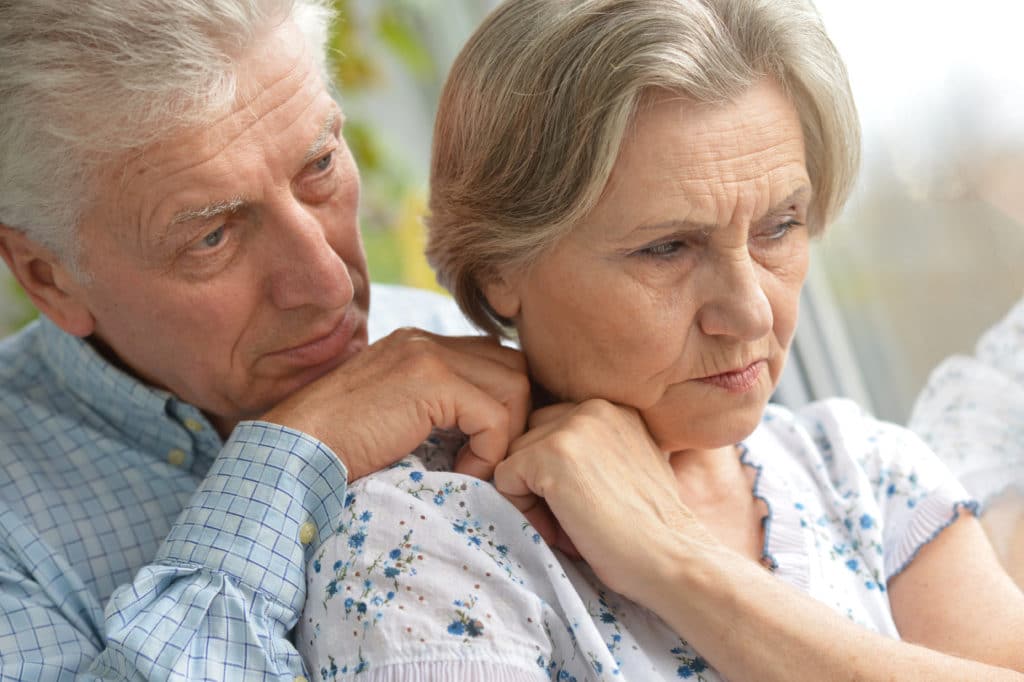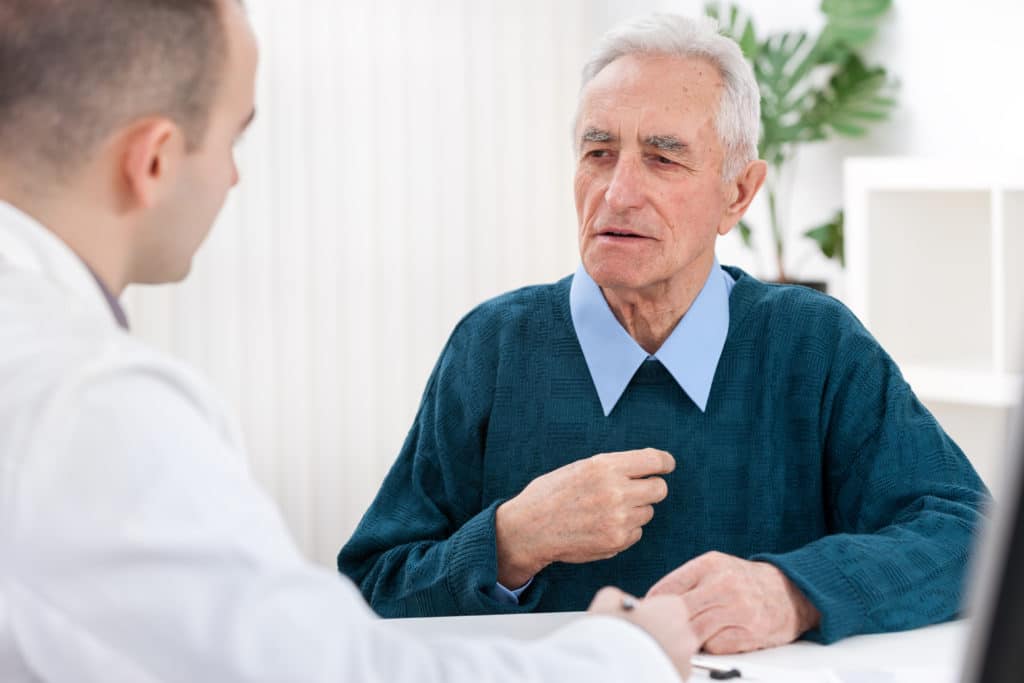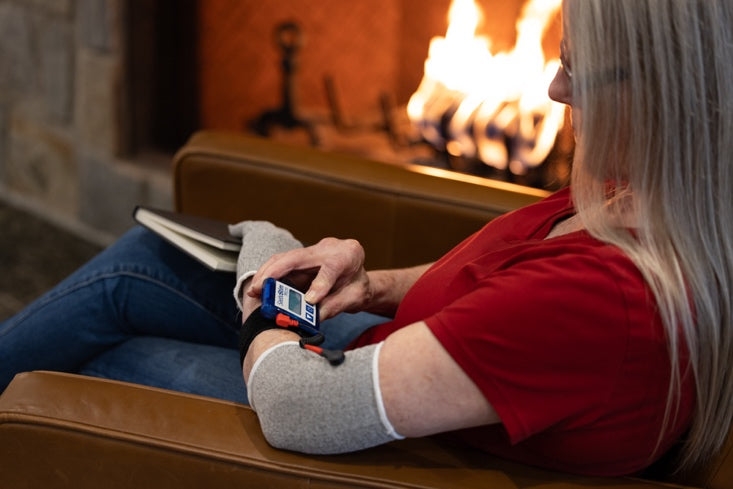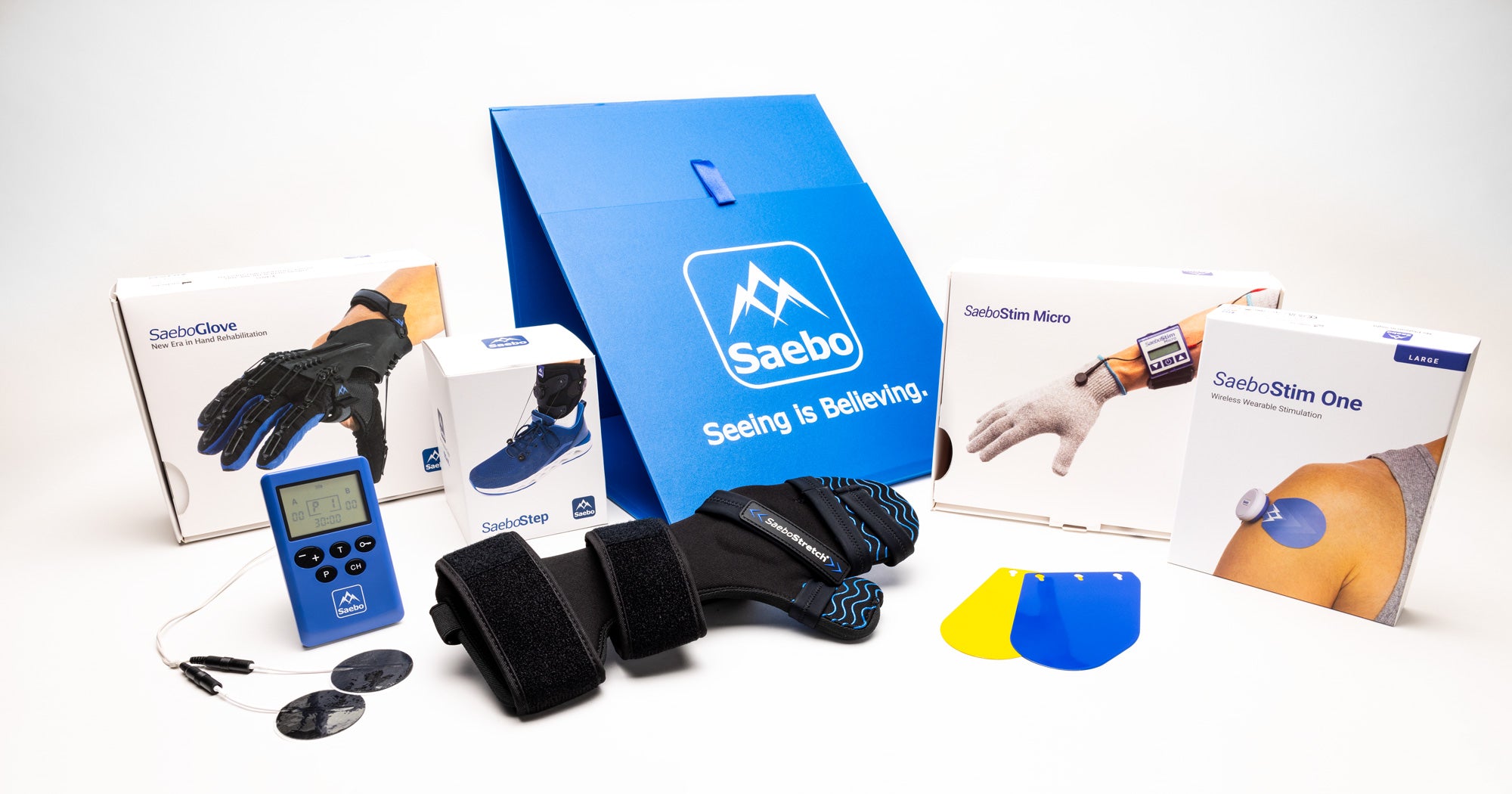Depression After Stroke: What is the Connection?


Despite increased public awareness about mental illnesses like depression, many people still are not very familiar with the condition and its symptoms.
Depression is not simply feeling sad or down. It's a serious illness that can have a host of mental and physical effects, including loss of interest in previously enjoyable activities, inability to perform ordinary tasks, muscular pain, and hopelessness.
Stroke survivors have a one in four chance for serious depression. And the insidious thing about depression is that it can come and go, but once you’ve had it, it’s much more likely to return. Serious depression can last for weeks, months, or even years; over time, it will affect a person's appetite, energy levels, sleep cycle, and interest in life.
Link Between Stroke and Depression
Remember, one in four survivors of stroke will suffer from depression. The chances are the same for the early, medium, and late stages of recovery. The most sensitive period, however, seems to be in the first few months after an acute stroke.
Although there is a need for more research about the diagnosis and treatment of depression in stroke survivors, we know that the effects of depression and anxiety can compromise the effectiveness of physical therapy and pharmaceutical treatment. For example, depression and anxiety can make it difficult to stay motivated and focused, to keep appointments, to practice exercises at home, and to take medication properly.
Risk Factors For Post-Stroke Depression
Although depression is common in stroke survivors, there are certain factors that put you at higher risk for developing it. These include:
- Having had a previous mental illness
- Being a woman
- Having had a previous condition that affected how you think (traumatic brain injury)
- Having had previous functional problems (those caused by Parkinson’s or other neuromuscular disorders)
- Living alone
The more severe the consequences of the stroke, the higher your risk of suffering from depression is due to the greater degree of physical and/or neurological disability. In particular, stroke survivors who develop aphasia (decreased ability to speak and understand language) are more likely to get depression.
Symptoms Of Post-Stroke Depression

Survivors who become depressed usually experience symptoms between three and six months after the stroke has occurred. However, signs of depression can appear as early as one month, or as late as a few years, after the stroke.
Researchers believe that two main factors influence the time of onset: biochemical changes in the brain after the stroke and subsequent changes in mood and personality over time. These changes also have their own potential causes including:
- Loneliness and lack of social interaction
- Genetics
- Limitations in physical and mental abilities after the stroke
It can be difficult for stroke survivors to identify or express their own symptoms, so it's very important for caregivers to keep an eye out for the following signs of depression:
- Feelings of sadness and anxiety that don’t subside
- Loss of interest in activities that used to be pleasurable
- Feelings of worthlessness and hopelessness
- Fatigue
- Difficulty staying focused
- Changes in sleep patterns, like sleeping too much or too little
- Changes in appetite, like overeating or not eating enough
- Reduced interest in social activities with friends and family
- Suicidal thoughts
These symptoms can also come with major mood changes, including:
- Anxiety
- Irritability
- Agitation
- Changes in behavior
- Apathy
- Hallucinations
If you are caring for a stroke survivor, watch for these symptoms. Early diagnosis and proper treatment are important to maintain the survivor’s mental health and avoid compromising their recovery.
Treating Depression After a Stroke

Leaving depression untreated can slow down physical and cognitive recovery. Malnutrition, incontinence, pain, fatigue, and sleep problems are common after a stroke, but they can worsen with depression. Depression can also creep up on patients who feel frustrated from the lack of progress in their recovery.
Luckily, there are several effective methods for treating post-stroke depression, including:
- Medication. Antidepressants have been proven effective in the treatment of depression. They work by interacting with neurotransmitters in the brain, which improves the patient’s mood. Psychiatrists, primary care physicians, or doctors prescribe them.
- Talk therapy. Sometimes depression can be alleviated by talking with a therapist. Many doctors will suggest combining therapy with medication to improve your chances of success. A psychiatrist, psychologist, counselor, or social worker provides talk therapy.
- Cognitive-behavioral therapy. This specific kind of therapy teaches you to identify harmful thoughts and/or feelings and how to develop appropriate coping strategies.
- Other therapy. When the depression is caused by aphasia or other impairment, recovery from the impairment can lead to an improvement in mood and may alleviate depression. That is why it’s very important to pursue physical, occupational and cognitive recovery therapy, along with mental health support.
Lifestyle Changes That Help With Depression
Along with medication and therapy, a lot of research shows that a few simple lifestyle changes help relieve the symptoms of depression. These changes include:
- Attend a support group. Talking about your difficulties with people in the same situation makes you feel less lonely.
- Eat healthy food. A good diet is important not only for your general health and your recovery from stroke, but it can also improve your mental health.
- Remain socially active. Although you may not be able to do as much as you used to, it's crucial to stay in touch with family and friends and take part in social activities.
- Be as independent as possible. Humans need to feel independent and competent. Stroke recovery may require the help of caregivers, but if there are things that you can safely do by yourself, insist on it.
- Exercise regularly. Physical activity—especially a low-impact one like walking—is proven to boost mental health. It will also contribute to your recovery.
Depression is Treatable
Always remember that depression is a treatable illness. Although many stroke survivors suffer from it, most of them recover as well. By diagnosing depression early and getting proper treatment, you can heal and keep your physical and cognitive recovery on track.
All content provided on this blog is for informational purposes only and is not intended to be a substitute for professional medical advice, diagnosis, or treatment. Always seek the advice of your physician or other qualified health provider with any questions you may have regarding a medical condition. If you think you may have a medical emergency, call your doctor or 911 immediately. Reliance on any information provided by the Saebo website is solely at your own risk.
All content provided on this blog is for informational purposes only and is not intended to be a substitute for professional medical advice, diagnosis, or treatment. Always seek the advice of your physician or other qualified health providers with any questions you may have regarding a medical condition. If you think you may have a medical emergency, call your doctor or 911 immediately. Reliance on any information provided by the Saebo website is solely at your own risk.



